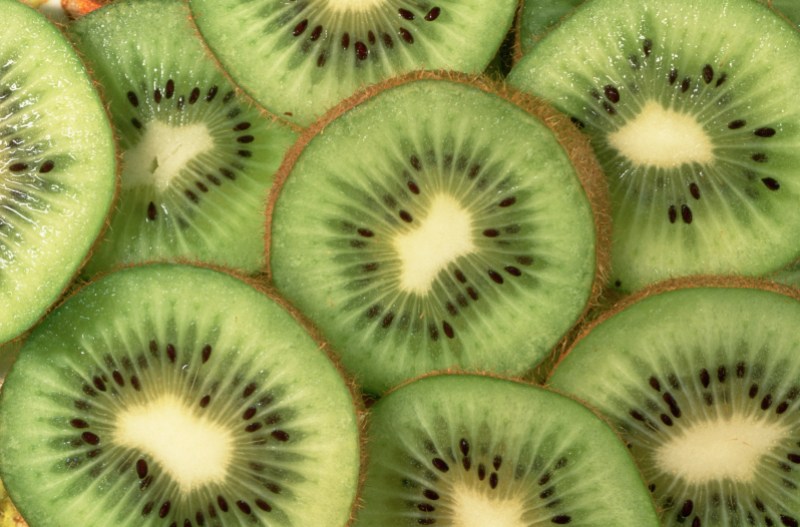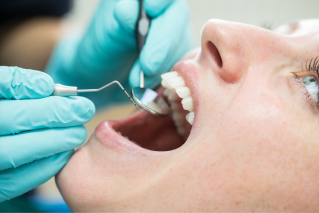The best foods to eat for better sleep


Dr Andrew Rochford says a good diet won't knock you out. But it will help you sleep better.
Can you eat your way to a better night’s sleep? Short answer: Yes, but it doesn’t come down to eating lots of one type of food.
Would it be easier to take a pill? One popular supplement is melatonin, the hormone that responds to darkness, and is instrumental in regulating your circadian rhythms.
Two problems there. Firstly, you should probably see a doctor to establish a safe and effective dose. Take too much and your circadian rhythms go further out of whack.
Secondly, there’s more to getting a good night’s sleep than taking melatonin. There are other minerals, hormones and other agents that act in concert to promote sleep.
In the main, you’re better off getting these from food.
What the doctor says
Dr Andrew Rochford is medical director for Digital Wellness, the company behind the online version of CSIRO Total Wellbeing Diet.
He said that supplementation has a role “for people with diagnosable deficiencies”.

Kiwi fruit is a good source of serotonin, but also folate. Both have a positive effect on sleep. Photo: Getty
But ultimately, “the research shows that whole foods is the best way for us to get the minerals and vitamins and aminos acids and other elements that we need for all the processes within the human body”.
Rochford named and explained some sleep-friendly foods:
- Kiwi fruit: Different studies have found that when participants who experienced sleep disorders ate two kiwi fruits one hour before bedtime, their overall sleep quality significantly improved. One of those studies was with elite athletes, who also reported better recovery
- Nuts: Pistachios, almonds, Brazil nuts, walnuts and cashews are particularly high in melatonin, and minerals such as magnesium, zinc and selenium, which all contribute to improved sleep quality
- Tart cherries: Like kiwi fruit, tart cherries might seem like a left-field food to help you sleep. But a 2018 study found that in a group of participants who were over 50 years of age and who experienced insomnia, drinking 240ml of tart cherry juice two times a day for two weeks increased sleep time and sleep efficiency
- Oily fish, like salmon, sardines and herring: These have been linked with improved sleep quality. These types of fish are one of the few dietary sources of vitamin D (exposure to sunlight being the primary source), and they’re also one of the best sources of omega-3s. In a study published in the Journal of Clinical Sleep Medicine, researchers found that regular consumption of Atlantic salmon (three times a week) resulted in higher overall sleep quality
- Milk: A good source of tryptophan, as well as vitamin D and B vitamins. These could all contribute to its sleep-inducing qualities. A 2019 study found that the concentration of melatonin in dairy milk varies depending on the season and time of milking.
What’s tryptophan?
Tryptophan is an amino acid that boosts melatonin, the hormone that helps you sleep.
In the ‘tart cherries’ study, it was found that the tryptophan availability in the participants who drank the juice increased.
The researchers concluded that this could be one of the reasons behind the success of the juice as a sleep aid.
The complexity of whole foods
Foods are chemically complex, and don’t work as well if you strip them down to their components.
Rochford noted: “Supplementation takes one element out of food and puts it into a tablet form. People invariably believe that that’s what we need, and that there’s nothing else in the whole food that supports sleep. That’s not how it works.”
Kiwi fruit provides a good example of this sort of thinking selling us short.
Probably the most celebrated sleep-making component is serotonin, the hormone and neuro-transmitter that modulates the quality of sleep. How? It’s complex.
Kiwi fruit is also rich in antioxidants, magnesium and potassium, and also folate – which most people recognise as a vitamin protective against neural tube defects in foetuses.
“But low levels of folate has been linked with insomnia,” Rochford said.
“The wonderful complexity of nature means there are other things in these foods that make them even more potent in regulating sleep.”








